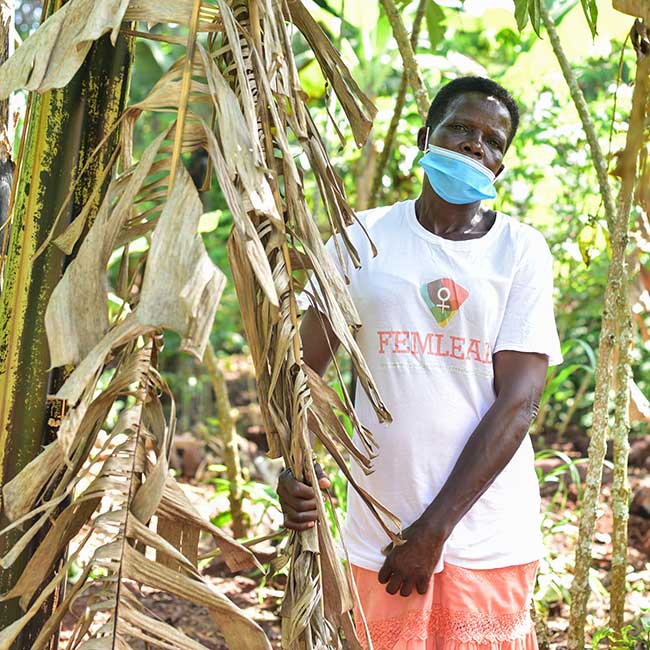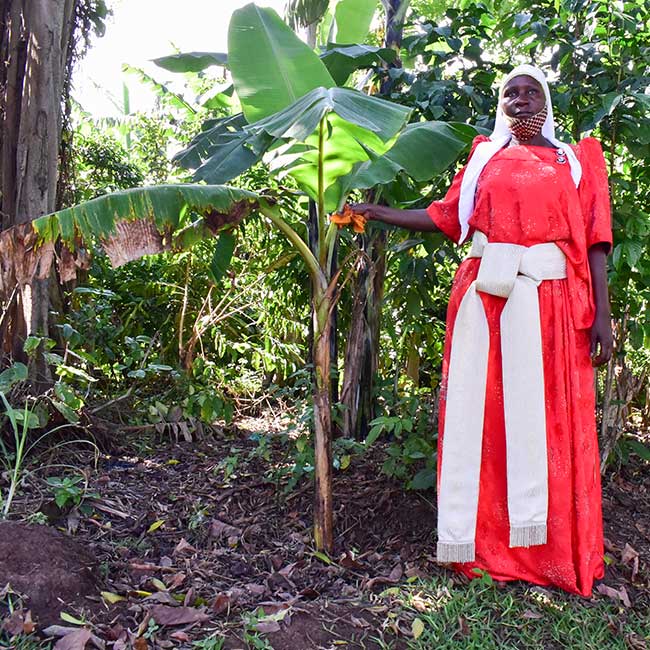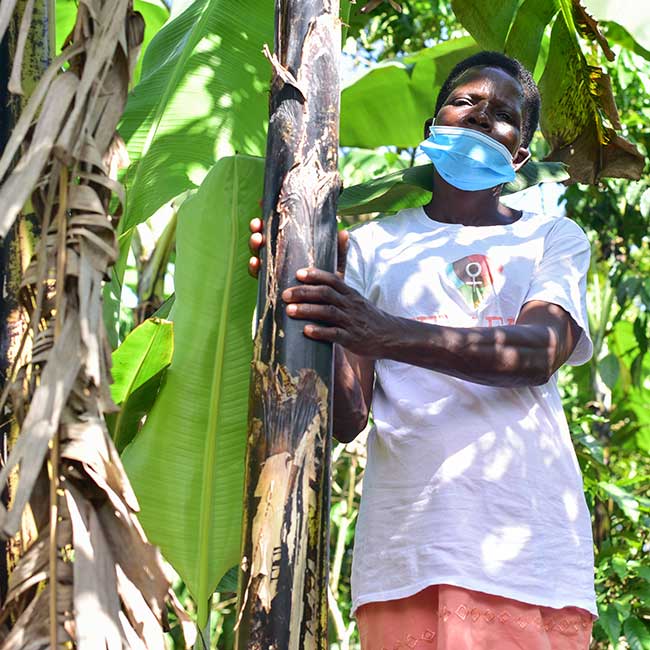Sanitary Pad Project
A Local Solution
To A Universal Problem
One of the biggest issues facing young girls in Busiiro as they reach puberty is their periods.
Due to a lack of women’s health education there is often a lot of shame and embarrassment surrounding menstrual cycles. This, combined with poor access to washing facilities and hygiene products means that girls and young women are missing school around 3 days a month translating to a loss of 24 school days a year (11% of the year).
Currently many girls are using plastic bags, dead leaves, rags, or even sand as sanitary products, these are ineffective and can cause serious infections.
drop out of school when they begin menstruation
A report by the Education and sports Ministry on menstrual health management in the Uganda shows that around 23% of Ugandan girls in the age group of 12-18 drop out of school when they begin menstruation.
At Femlead we decided we needed a practical solution to this issue, girls in the community are already facing so many obstacles when it comes to completing their education, so in 2017 Femlead commissioned a feasibility study to examine solutions to attempt to alleviate this one.
We found that what is required is a locally made product, using both local materials and local labour. Due to a lack of water in the area the manufacturing process should not be dependent on much water, nor, for the same reason, should the product be re-usable.
The study showed that we could use the waste material from bananas, a local staple food.
Research shows that banana stems, when pulped and fluffed, make a material even more absorbent and safer than what can be made from wood pulp and waste paper, the process also uses less water.
Femlead is in the process of creating a self-sustaining cottage industry which includes setting up a small production unit as well as organising women’s groups to plant more bananas. This venture will not only manufacture sanitary pads for the local girls but also help to alleviate a critical food shortage, provide work for local women and supply Femlead with the banana stems required to make pulp fluff filling for sanitary pads.





